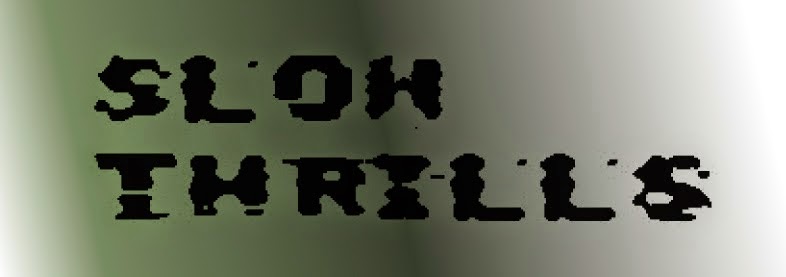review: Andrew Bird, Break it Yourself
The first striking thing about Andrew Bird's eighth album 'Break it Yourself' is the cover. It’s a photograph of a child pulling a rocking horse around a yard; an image which, judging by the quality of the print and the setting, could be around 100 years old. Although Bird's music does cross many genres he is rooted within folk traditions and this cover image underlines that from the outset.
Another striking thing about it is the way that 'Break it Yourself' sits together very well as a set of songs. It's not a concept album but there is a sense that it is loosely about the passage of time, the ageing process and our own personal memories.
This time around he has recorded it mostly himself in his barn outside Chicago and at the heart of it, like most of his albums, is his deceptively simple song writing which gets constructed into something complex and clever because of his work with loops and his interweaving melodies.
The understated opening of 'Desperation Breeds' sets the tone for much of the album, where his gentle violin and guitar lines accompany a song that wonders what will happen "without bees".
'Danse Caribe' is interesting in that it takes traditional music and twists it into something different. The chords remind me a lot of a Van Morrison song 'The Healing has Begun', which in itself was probably based on some older tune, but Bird has created more layers with his banjo and violin and the melody gets subtly changed. It is also the first showcase for his fine whistling!
'Eyeoneye' has a more familiar sound for those people who know his earlier albums. It starts with a flurry of electric guitars, and is practically a title track with its chorus of "break it yourself".
'Lazy Projector' has some more great whistling and muses about how we remember our own lives, and it leads into 'Near Death Experience Experience' which is inappropriately catchy, with it's refrain about "dancing like cancer survivors."
'Lusitania' is a great duet with Annie Clark (St Vincent), taking its lead from historical events and focusing in on individual relationships, whilst 'Orpheo Looks Back' features duelling violin tracks and squeezeboxes and comes across as very authentic gypsy-folk. The phrase 'jug band' comes into my head every time I hear that one.
'Sifters' is more downbeat and very beautiful, with some delicate electric guitar and lyrics that dwell on the ageing process and our own memories and our place in time.
'Hole in the ocean floor' is maybe my favourite track. It builds into something epic, from pizzicato strings and a really open arrangement with violin and whistling sketching out the melody.
The closing instrumental 'Belles' just floats with delicate dulcimer (or maybe it is a xylophone) taking centre stage.
I think it's fair to say that this isn't the most immediate music Andrew Bird has ever released, but it is a thought-provoking and musically rich addition to his body of work. I suspect that it is an album I will return to a lot in the near future.
Subscribe to:
Post Comments (Atom)


No comments:
Post a Comment